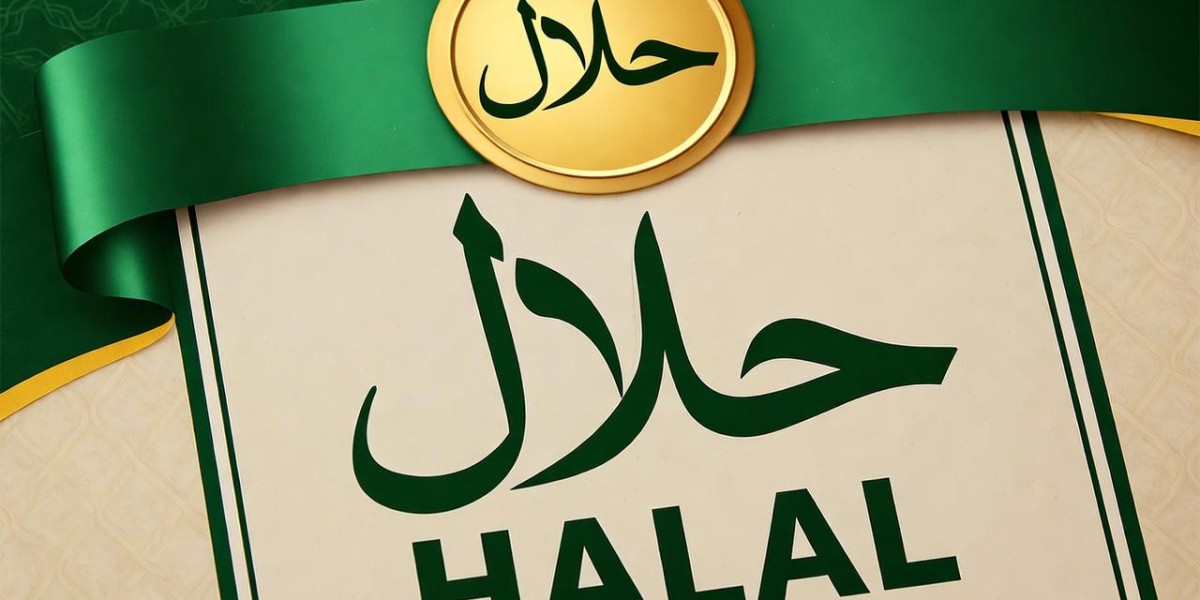In the modern consumer market, assurance of product purity and ethical sourcing is more critical than ever. For the world’s two billion Muslims, this assurance often comes in the form of halal certification, a process that validates that products and services adhere to Islamic dietary and lifestyle laws (Sharia). Far beyond just meat, this certification applies across numerous industries, making it a critical consideration for businesses aiming to serve this large and rapidly expanding demographic.
What is Halal and Why Certification Matters
The Arabic term Halal means "permissible" or "lawful." In the context of consumables, it ensures that a product is not only free from prohibited components (such as pork and alcohol) but has also been prepared, processed, and stored using methods and equipment cleaned according to strict Islamic guidelines. The opposite, Haram (forbidden), denotes anything unlawful.
For consumers, a halal certificate acts as an emblem of trust, confirming that the product meets high standards of purity, safety, and ethical production. It removes doubt (mashbooh) about hidden ingredients, cross-contamination, or improper sourcing. For businesses, this certification is a passport to the lucrative global Halal market, which is valued at trillions of dollars annually. It signals a commitment to quality and religious compliance, thereby securing the loyalty of Muslim consumers worldwide.
The Process of Halal Certification: A Look at Compliance
Obtaining a halal certification company begins with an application and a rigorous assessment of the business's operations, raw materials, and finished products. The process is meticulous and typically involves several key steps:
Application and Documentation: The business must submit a comprehensive list of all ingredients, suppliers, manufacturing processes, cleaning procedures, and facility layouts. This transparency is foundational.
Audit and Inspection: A qualified Halal auditor from the certifying agency conducts an on-site inspection. This audit verifies that the production environment—including machinery, storage, and handling—is free from Haram substances and that Islamic principles are followed, particularly concerning slaughter methods for meat products (Zabiha).
Laboratory Testing: In some cases, ingredient and product samples may be tested to confirm the absence of prohibited components.
Certification Issuance: Upon successful verification and confirmation of compliance with Halal standards, the Halal Certification Agency issues the certificate and grants permission to use its Halal logo on the certified products.
This certification is typically valid for a limited time (often one year) and requires regular renewal audits to ensure continuous compliance.
Halal Certification in the USA: Addressing a Growing Market
The Muslim population in the United States is one of the fastest-growing religious groups, leading to a significant increase in demand for certified products. Unlike some Muslim-majority countries where the government regulates Halal standards, halal certification in USA is primarily managed by private, non-governmental certification bodies.
For a business to successfully enter this market, selecting a certification body that is both reputable and globally recognized is paramount. Many US-based businesses seek certification to facilitate international export, meaning the chosen usa halal certification must be accredited by the destination countries. This need for accreditation drives up the standards and reputation of the certifying bodies operating within the US.
Sector-Specific Halal Certification
The scope of Halal extends well beyond the meat and poultry industries. Various sectors require specialized compliance protocols:
Food Manufacturing and Processing
This sector requires the strictest controls on raw materials, especially additives, flavorings, and processing aids. Ingredients like gelatine, enzymes, emulsifiers, and flavors must be scrutinized for their source. Cleanliness of the production line is also a major focus to prevent cross-contamination.
Pharmaceuticals and Cosmetics
Many everyday items, from capsules to soaps, contain animal-derived ingredients. Halal certification ensures all components are permissible and the manufacturing process is pure.
Services and Hospitality: Halal Certification for Restaurant
For the food service industry, getting halal certification for restaurant involves verifying the source of all ingredients, especially meat and poultry, and confirming proper segregation of Halal and non-Halal preparation, cooking, and serving equipment. It demonstrates an establishment’s commitment to catering to the faith-based needs of its Muslim clientele, enhancing its market appeal.
Selecting the Right Halal Certification Partner
The choice of a certifying body is perhaps the most important decision in the process. A business needs a partner with a deep understanding of Islamic jurisprudence and technical expertise in modern food and manufacturing technology. When seeking halal certification services, look for agencies with:
Global Recognition: Accreditation by major international Halal governing bodies.
Clear Standards: Published, transparent, and verifiable Sharia and quality standards.
Expert Auditors: Experienced scholars and food scientists on their audit teams.
For instance, companies seeking global recognition should halal certification with a reputable organization. Halal Watch World, along with any other Halal Certification Agency, often provides the strict adherence to global Halal standards that businesses require for export and to maintain consumer confidence.
Choosing to pursue certification is a strategic business decision that fosters immense goodwill. It's an investment that aligns a company with ethical and religious purity, ensuring long-term market growth among the faithful consumer base.







